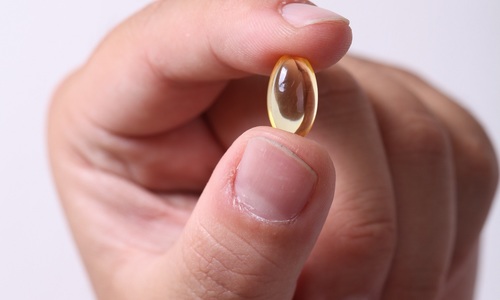Vitamin D has been found to speed up the clearance of tuberculosis (TB) bacteria from the lungs of people with multi-drug resistant TB, according to a study published today in the European Respiratory Journal.
The research team pooled data from 1,850 TB patients who took part in clinical trials of vitamin D in eight countries, and analysed data to see whether certain groups of patients responded better to vitamin D than others.
The analysis showed that when added to antibiotic treatment, vitamin D was found to accelerate TB clearance specifically in patients with MDR TB, even though no acceleration of TB clearance was seen when looking at the entire study population as a whole.
The vitamin D supplementation was also found to be safe at the doses administered, with no links to serious adverse events.
The researchers say these results illustrate the potential for so-called 'host-directed therapies' – treatments that boost the immune system – to improve outcomes in patients with drug-resistant bacterial infections. Lead researcher Professor Adrian Martineau from Queen Mary University of London, UK said: "Multi-drug resistant TB is on the rise globally. It's notoriously difficult to treat, and it carries a much worse prognosis than standard TB.
"Our study raises the possibility that vitamin D – which is very safe and inexpensive – could benefit this hard-to-treat group of patients by taking a novel approach to their treatment. By adding vitamin D to antibiotic treatment, we can boost the immune system to help the body to clear TB bugs, rather than relying on antibiotics on their own to kill the bacteria directly.
"This is a novel approach, as it contrasts with the conventional tactic of developing new antibiotics in an attempt to 'keep up' with the emergence of drug-resistant bacteria – an arms race that is proving hard for us to win."
The researchers caution that the analysis is not sufficient on its own to justify a clinical recommendation of the use of vitamin D in the treatment of MDR TB, as it is based on a relatively small number of participants.





